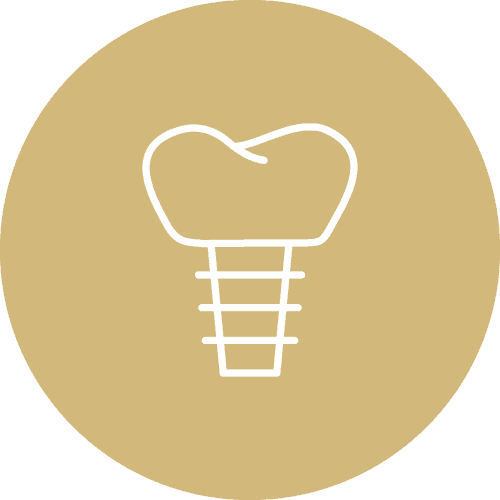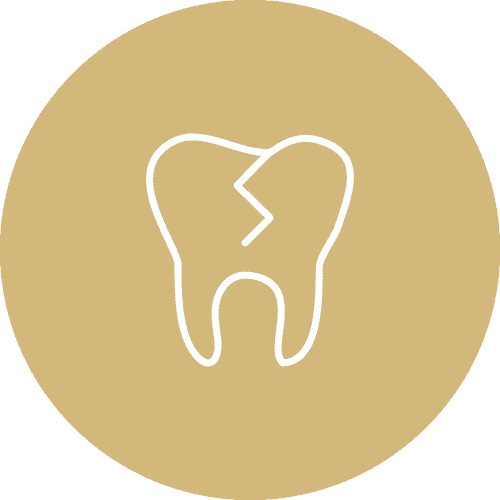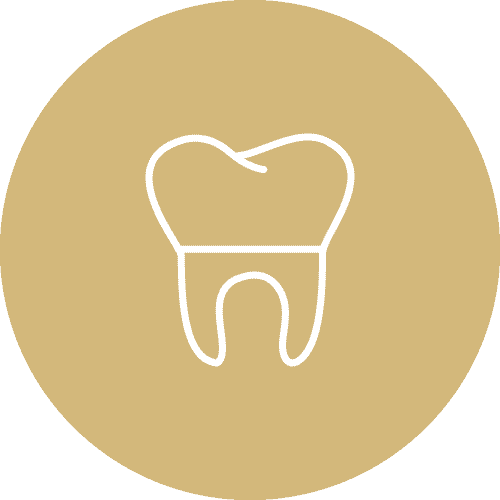Cheek biting might seem like a harmless habit, but it can lead to various consequences if left unchecked. Whether it’s a nervous tick or an unconscious behavior, understanding the causes, consequences, and proper care for cheek biting is essential to maintain your oral health and overall well-being. Your dentist in Billings is here to help.
Causes of Cheek Biting
There are various things that can cause someone to habitually bite their cheek. Some of the most common causes include:
Stress & Anxiety: One of the most common reasons for cheek biting is stress and anxiety. When we’re stressed, we often seek ways to cope, and for some individuals, biting the inside of the cheek can become a subconscious mechanism to release tension.
Nervous Habits: Nervous habits like cheek biting can develop during childhood and persist into adulthood. It might start as a response to certain situations or emotions and then become ingrained over time.
Misaligned Teeth: Sometimes, misaligned teeth can inadvertently lead to cheek biting. When the teeth do not fit together properly, it can cause accidental biting of the cheeks while chewing or during other mouth movements.
Concentration & Deep Thought: Engaging in deep thought or concentration can sometimes cause people to bite their cheeks absentmindedly. The motion of the jaw might mimic the act of chewing, leading to unintentional biting.
Consequences of Cheek Biting
Even though cheek biting may seem like no big deal, your dentist in Billings knows that this habit can actually result in some significant oral health consequences.
Oral Tissue Damage: Continuous cheek biting can result in damage to the delicate tissues inside the mouth. This can lead to painful sores, ulcers, and even bleeding, making it uncomfortable to eat, speak, or perform regular oral hygiene routines.
Infections & Inflammation: Open sores created by cheek biting can serve as entry points for bacteria, potentially leading to infections and inflammation. These complications can exacerbate the discomfort and require medical intervention.
Scarring & Discoloration: Chronic cheek biting can cause scarring and discoloration of the affected areas over time. These marks might not only affect the appearance of the mouth but can also serve as a constant reminder of the habit.
Worsening of Dental Issues: If cheek biting is related to dental problems like misaligned teeth, it can aggravate these issues further. Biting the cheeks can put additional pressure on the teeth, potentially leading to more misalignment or wear.
Care & Management
Depending on the underlying cause of cheek biting, different methods can be used to help manage the habit and care for any damage.
Stress Management: Since stress and anxiety are significant triggers for cheek biting, focusing on stress management techniques can be helpful. Regular exercise, deep breathing, meditation, and hobbies can all contribute to reducing stress and the urge to bite your cheeks.
Behavioral Therapy: In cases where cheek biting has become a deeply ingrained habit, behavioral therapy or counseling might be beneficial. A mental health professional can work with you to identify triggers and develop strategies to overcome the habit.
Dental Intervention: If misaligned teeth or dental issues are contributing to your cheek biting habit, consider consulting a dentist in Billings. There are various treatments available such as mouthguards that can help address the root cause of the habit.
Oral Hygiene: Maintaining good oral hygiene is crucial, especially if you’re prone to cheek biting. Clean your mouth regularly to prevent infections in case of any accidental injuries caused by biting.
Cheek biting might start as a seemingly harmless habit, but its consequences can have a significant impact on your oral health and overall well-being. By understanding the causes, recognizing the potential consequences, and taking appropriate care, you can work towards breaking free from this habit and preserving the health of your mouth. Whether it’s through mindfulness, stress management, dental interventions, or behavioral therapy, there are various approaches to tackle cheek biting and promote a healthier, more comfortable oral environment.









